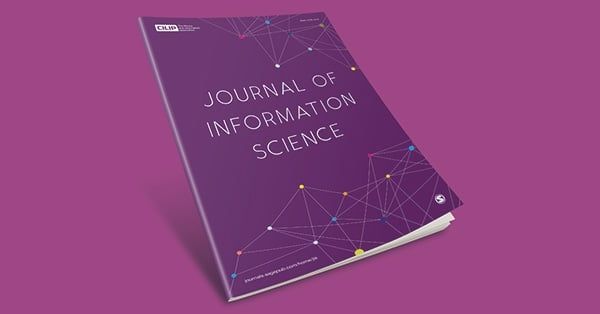Stéphane Cottin
@cottinstef.bsky.social
890 followers
2K following
380 posts
Documentaliste juridique heureux.
Happy Law Librarian.
⚖️🖥️
Souvent au Palais-Royal mais on dit aussi qu'il sait utiliser #legifrance
Disclaimer : travaille au @conseil-constitutionnel.fr
Posts
Media
Videos
Starter Packs
Pinned
Reposted by Stéphane Cottin












